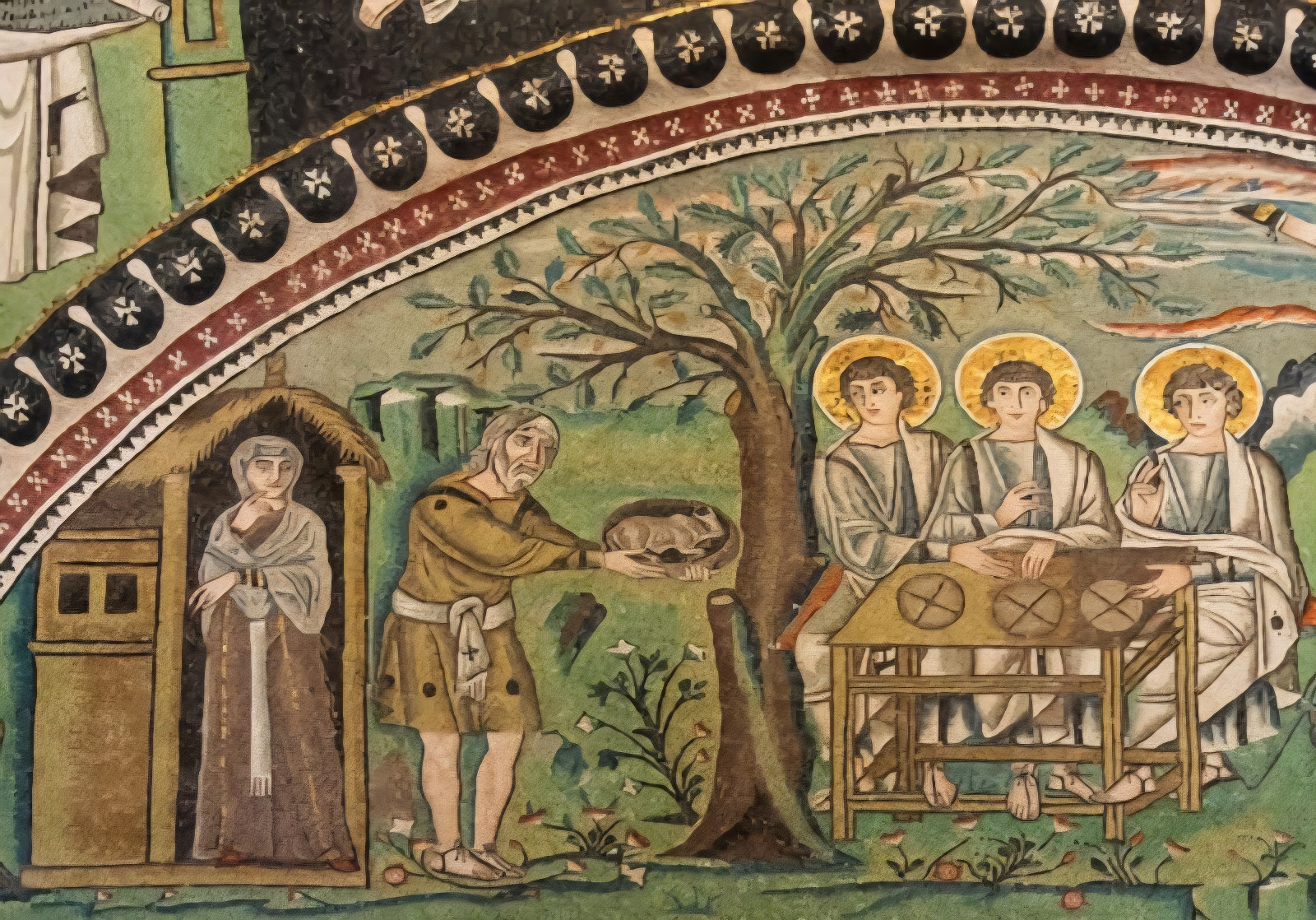Imagine the Chosen People being told over and over throughout the centuries that they are not really the Chosen People. The Samaritans were.
Sunday's John 4 lection notes this centuries-old enmity. Moreover, as the disciples's suprise show, Jesus was talking not just with the enemy, but a female at that!
I love this narrative. It is the longest pericope in the gospels where Jesus is in conversation with another person. This might be the one moment in the Gospels that Jesus meets his match. They speak as equals. They talk about their own faith traditions. They talk about their differences. And they talk about their people's hope. Not one moment do they treat each other as enemies.
My friends, I love this narrative. I pray you do too.
P.S. Let us not forget that a well was the setting for the unions of Rebekah and Isaac, Rachel and Jacob, and Zipporah and Moses.
*art, "Jesus’s and the Samaritan Woman," JESUS MAFA, Cameroon 1973, from the Vanderbilt Divinity Library digital archives.




.jpg)



